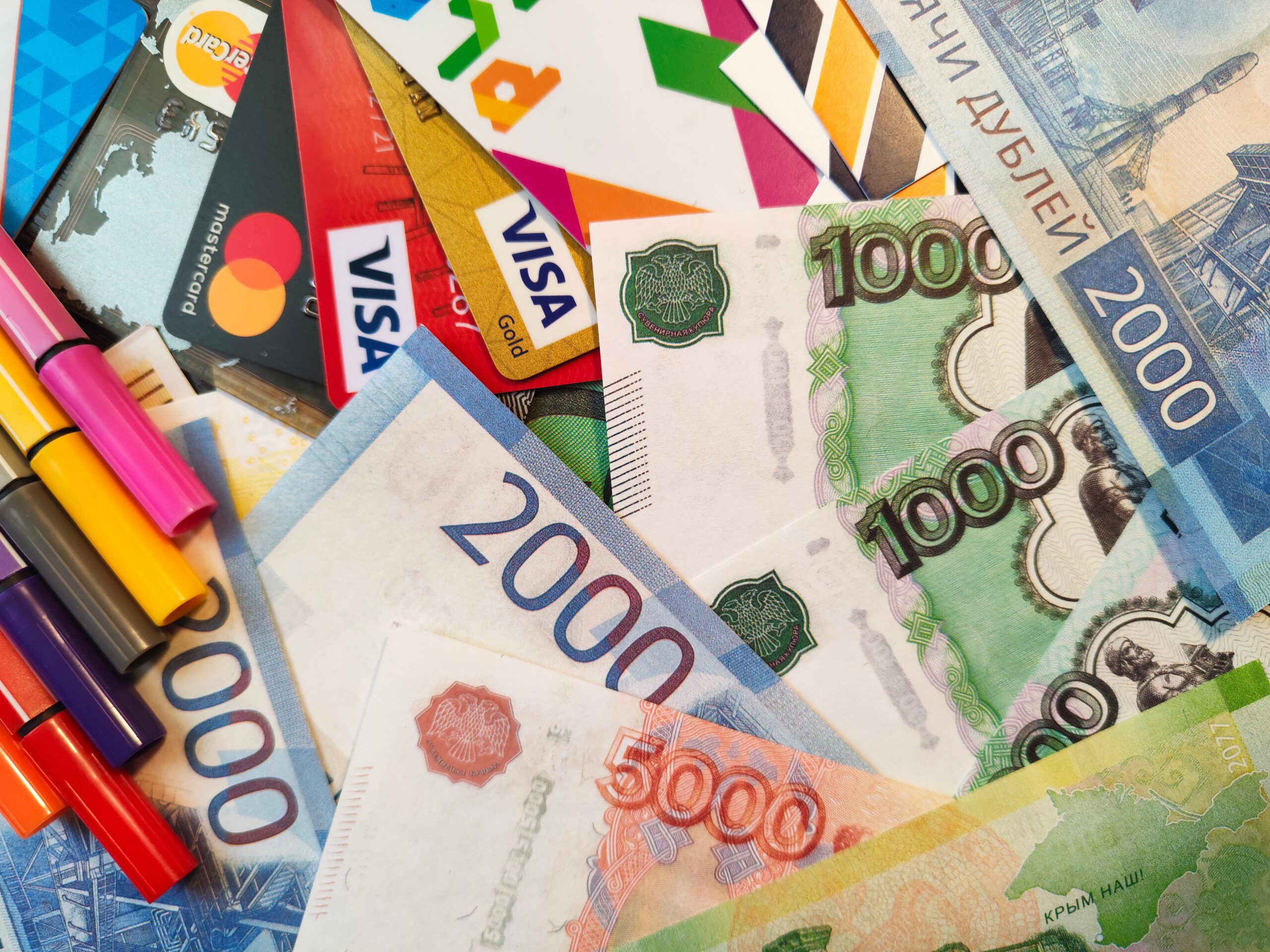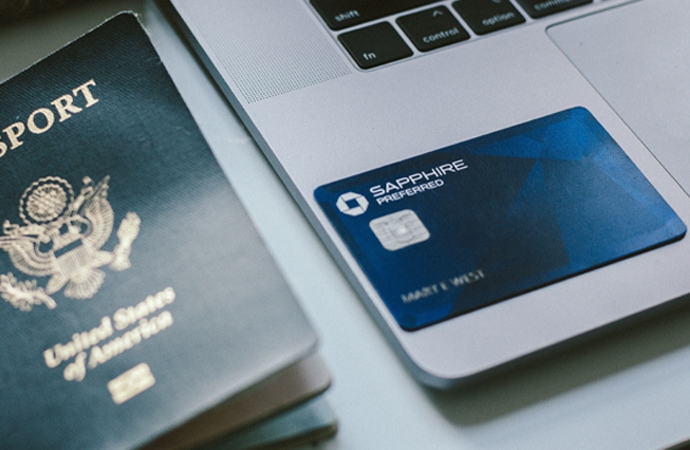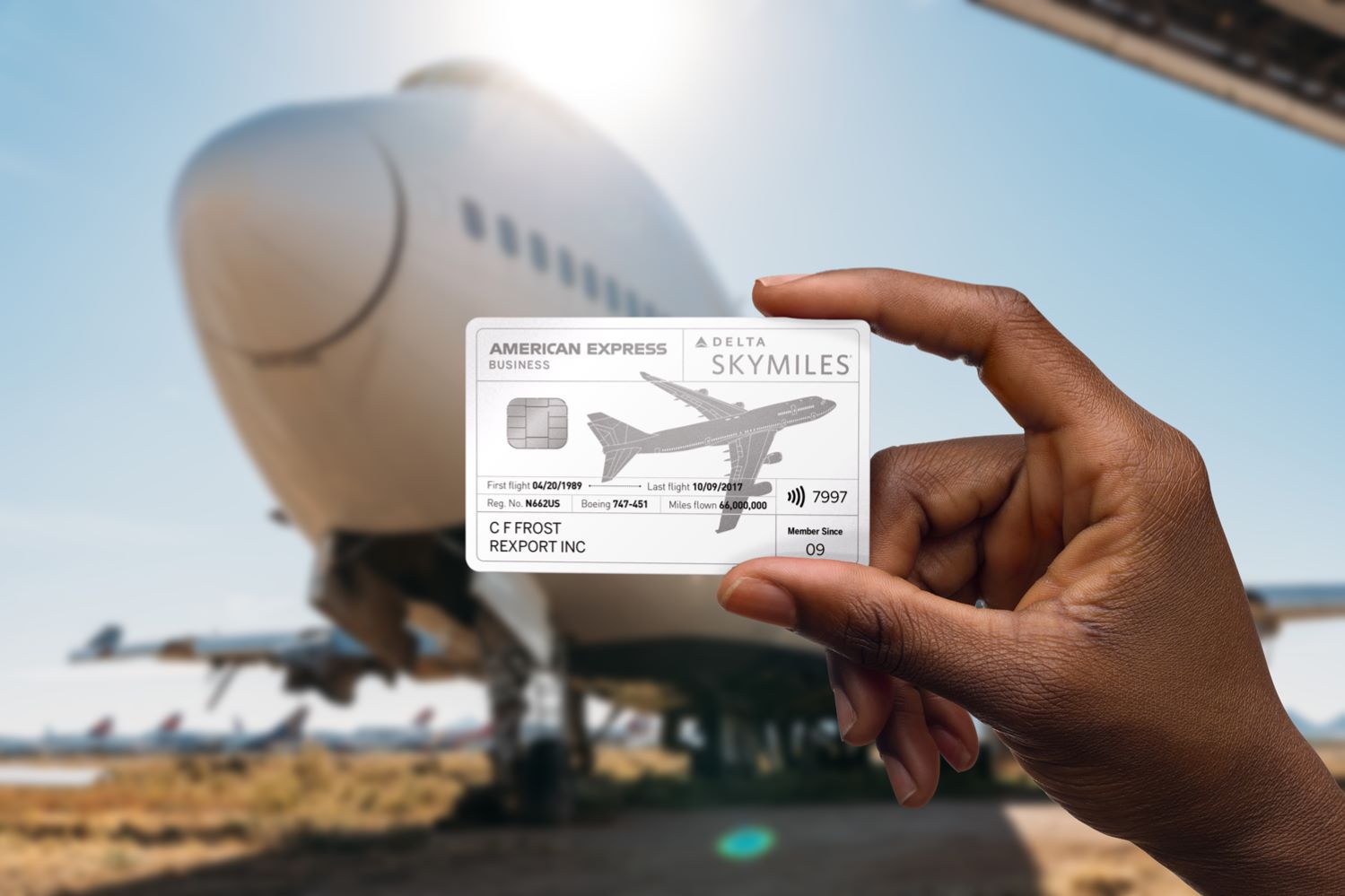Is the IRS Coming for Your Bonus Miles?
Some frequent flyers keen on collecting bonus mileage and racking up credit card rewards may see a pesky 1099 form in the mailbox
by Lark Gould
March 6, 2023

Photo: Courtesy of Vardan Papikyan / Unsplash
If you are a points aficionado climbing the ladder of Elite Status, the IRS is not coming for your points or loyalty standing. The federal government took a look at that avenue some 21 years ago and decided it was too much of a quagmire to navigate—even for them! However, there are some clear cases where credit cards, flight rewards, and the IRS cross paths.
The good news is that rewards points gained from most credit card offers are not taxable income. That means the 100,000-points bonus from American Express or an airline-branded Chase account can still be redeemed for tickets, merchandise, and cash without chiming bells at federal tax collection offices.
Instead, bonus points are seen as a discount—a coupon allowing you to purchase an item at a discounted rate. And that is because those points are not free. To have the points vested in a loyalty account, the cardholder must do something for that exchange, mainly spend money. The points, in that case, are no more taxable than the airport lounge access a card affords or those free checked bags.

Photo: Beijing International Airport. Courtesy of Lumi W / Unsplash
But there is a catch. If those airline or general rewards points were earned by making several referrals to the card company—who then successfully sign on those referrals as new credit card holders—then suddenly those 100,000 thank you points are seen by the IRS as income, a commission like any other in exchange for services rendered, according to Steven Rossman, CPA and shareholder at accounting firm Drucker & Scaccetti. Similarly, if you receive a deluge of points simply for signing on with a credit card offer—no minimum spend or initial fee—those points would be subject to taxation.
“The only time credit card rewards are taxable is when you do nothing in exchange for the reward, i.e. you get 60,000 miles for signing up for a credit card, with no minimum spending,” said Rossman in an interview with CNBC.
And you may not receive that dreaded 1099-MISC form in the mail if you earned less than $600 in value through such transactions. But you will still be expected to report that income and pay the appropriate taxes.

Chase Sapphire Preferred Card / Mary West/Unsplash
And there is another rule, equally as pesky and obscure. A recent U.S. Tax Court ruling looked into how cardholders may earn rewards by purchasing cash equivalents: prepaid debit card re-ups, money orders, and extravagant gift cards.
In one landmark case, a couple used their American Express cards with unlimited cashback bonus plans to pile up some $6.4 million in spending during 2013 and 2014. There is even a term for it now: “manufactured spending.” As they purchased, they turned their cash back into cash and redeposited the amounts in their bank accounts as they collected more than $300,000 in such maneuverings.
The multi-million sums in money orders and other cash transfers went into accounts, and the IRS took note. But through a series of legal tests, the courts mostly sided with the couple, reasoning that credit card rewards are technically considered rebates on your purchases, not income, and therefore, are not taxable.
The IRS took the couple to court for unpaid income taxes. It argued that the cashback they generated was taxable because the couple used their credit cards to purchase cash equivalents, not goods, and services.
However, the couple countered that whatever rewards they earned on those purchases were still just purchases and that they turned those purchases into cash was irrelevant. Ultimately, the courts agreed that Visa gift cards and reloadable, prepaid debit cards fall into the category of products and services, and whether they were used to buy money orders did not hold weight in this case. Therefore, credit card cashback offers will continue to be seen and treated as rebates rather than income.
Credit card companies, however, have taken action since this ruling to stop the spending/rebate gambit by setting limits on how much a cardholder can spend and earn from their purchasing activity.
Fighting Back – with Points
Okay, so you had a great year and have a big tax bill. Can you leverage paying that number with points? The answer is yes—well, sort of. You can pay the IRS with your credit card and at least get something back for your pain, but that, too, is going to cost you.
For instance, a $20,000 tax bill can be a sizeable addition to your loyalty status account, but you must weigh the fees against the mileage gained. That’s because the system is all sewn up: to make an IRS payment with a credit card, you have to use one of only three IRS-approved independent payment processors to send your money to the federal government. And whether it is ACI Payments, Inc., Pay1040, or payUSAtax, it will cost at least $2.20 or 1.87 percent of your overall bill, whichever is higher. So paying that $20,000 bill by credit card costs you around $400.
The transaction will be more manageable than the value if your credit card nets you less than 1.87 percent back in rewards. However, such a transaction could earn the equivalent of a flight or a hotel night in points, turning that fee into a $500 value or more in travel savings.
Bottom Line
Unless you make payloads on arbitrage points and purchases, there is no need to worry about a letter from the IRS. Spend onward and reap. Uncle Sam will not be coming for your bonus mileage.



